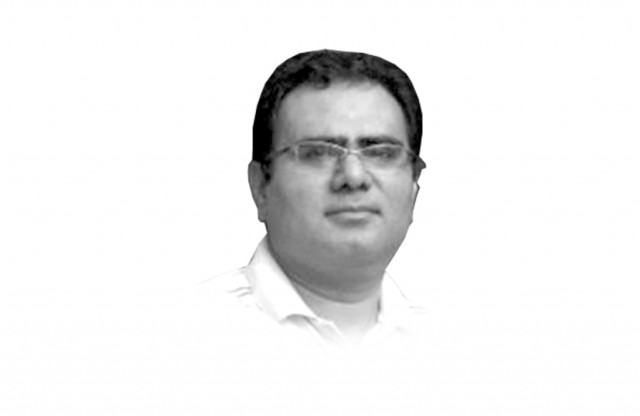A plan for sustained growth in Punjab
Punjab needs to quickly revamp and consolidate its infrastructure development vision.

To begin with, Punjab needs to quickly revamp and consolidate its infrastructure development vision. The layouts of cities and zoning policies have to be changed and more space needs to be allocated for commercial and industrial activities. For labour-absorbing industrialisation, fiscal space and an incentivised environment for ‘sunrise’ industries such as agro-food, clean energy and pharmaceuticals is needed. At least six cities — Lahore, Sialkot, Gujranwala, Gujrat, Kasur and Faisalabad — can form a new growth cluster. As for southern Punjab, it has considerable potential for agribusiness, with Multan becoming the hub.
Reforming input markets, which include land, labour and energy, is also vital. Output markets which determine what and how much needs to be produced have already been liberalised. Through strategic interventions in input markets, Punjab can influence the chain reactions for reindustrialisation and modernisation of its economy. What would also help is a strategy that uses public sector investment for financing activity in the private sector — this can become a driver of growth and industrialisation. In all of this, it goes without saying that public spending should not be squandered and should be put to maximum efficient use.
For Punjab to take the lead in engendering economic growth, it needs to adopt policies that link institutions of higher learning such as universities and technical and vocational colleges with industry and commerce. Technological innovation needs inspiration and this comes about via education. The latter in turn requires both money and supportive government policies and when both are adequate a pro-growth environment is created. In this sense, government development projects should be designed to create markets for new strategic industries and innovations. This way, public sector spending can be channelled into private sector activity.
As for the government’s role, its bureaucracy stifles businesses, retards economic growth and thus reduces the changes of revenue generation. Hence, a transformation in the civil services is needed, and this may require some level of restructuring.
In fact, Punjab has the potential to become an engine of growth for Pakistan — the way Guangdong has done for China and Gujarat for India. These regions have become leaders in manufacturing activity, fuelling export growth and creating employments. To make Punjab a site for economic growth and an example of industrial development, entrepreneurs who save and invest their hard-earned funds to set up factories and businesses should be facilitated. Discouraging them will result in growth retardation, fewer jobs being created, lowered standards of living and, ultimately, political upheaval. The goal for visionary leadership is to change peoples’ lives, not its own titles.
Published in The Express Tribune, July 28th, 2011.















COMMENTS
Comments are moderated and generally will be posted if they are on-topic and not abusive.
For more information, please see our Comments FAQ